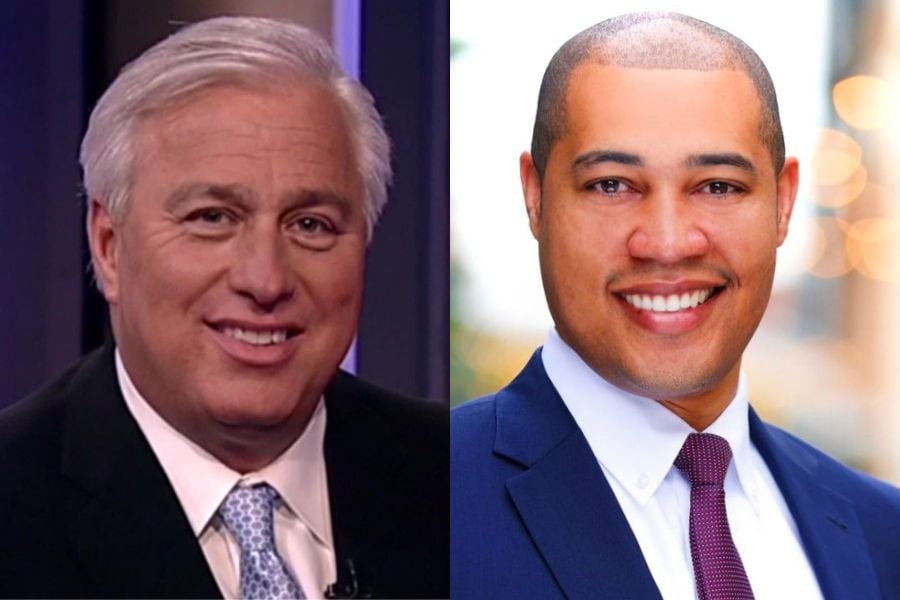

An illegal gambling operation that looped one of the most famous baseball players in the world into a public scandal highlights the complicated relationship athletes – and their inner circles – have with money.
On Wednesday, the Los Angeles Dodgers fired Ippei Mizuhara, the well-known interpreter for and friend of Shohei Ohtani, the pitcher and designated hitter with the biggest sports contract in North America. Mizuhara is reportedly connected with $4.5 million in wire transfers from Ohtani’s personal account to a California bookmaker who is under federal investigation, according to ESPN. Just ahead of his firing, Mizuhara and Ohtani’s spokesperson told the press that Ohtani had begrudgingly wired the money to pay off his friend’s gambling debts, but they later changed the story and said that Ohtani was unaware of the transfers, per ESPN. Ohtani’s lawyers then said he was the victim of theft and indicated they were referring the matter to law enforcement.
Financial advisors and lawyers who work with professional athletes said that it can be common for such clients to be targets, either for theft or misappropriation.
“I’m not surprised in situations like that that it was a close friend who was involved,” said Ashton Lawrence, director and senior wealth advisor at Mariner Wealth Advisors. “When you do have huge success, you have these lifelong friends you want to bring along with you.”
Often though, acquaintances – even if well-intentioned – lack the financial acumen to appropriately manage wealth, he said. Sometimes, though, members of athletes' inner circles do have lasting relationships that work out well, such as sports agent Rich Paul’s relationship with Lebron James, he said.
There is always a risk that people who come into money attract bad actors, lawyer Andrew Stoltmann said.
“I’ve represented dozens of lottery winners, professional athletes, and people who come into large sums of money very, very quickly. Unfortunately, typically these people don’t have the infrastructure in place to handle a massive windfall that quickly,” Stoltmann said in an email. “These people are extraordinarily susceptible to fraudulent and negligent pitches by financial advisors and other people. It’s almost like Groundhog Day, as we see it happening regularly.”
A reliable way to help prevent that is “having multiple eyes watching the investments. Too much power in the hands of one individual is often a recipe for disaster,” he said.
Too often, professional athletes trust one person and grant them power of attorney, which can lead well-intentioned associates to make bad choices with that person’s money, said Ed Butowsky, managing partner of Chapwood Investments.
“[Athletes] should trust themselves. But if they’re going to trust someone [else], they have to give a limited amount of access [to checking accounts] – only the amount of monthly bills,” Butowsky said. “That’s the best way to make sure that no one ever screws you around.”
Butowsky, who works with about 60 basketball, football, and baseball players, said he sets up a “virtual family office” for those clients, with a team including a CPA, estate attorney, a bill payer, and a financial management team that meets quarterly.
When deciding whom to hire, qualifications are a must, but secondary is a personality match, Lawrence said. “That’ll make all the difference in a lasting relationship.”

Mounting regulatory pressures and proposed taxes are putting a strain on higher education institutions, forcing renewed focus on liquidity management and the secondary market for private equity.

Poll of 1,500 retirement plan investors finds 45% interested in private equity and private debt, with more than three-quarters saying they'd ramp up contributions as a result.

Most firms place a limit on advisors’ sales of alternative investments to clients in the neighborhood of 10% a customer’s net worth.

Those jumping ship include women advisors and breakaways.

Firms in New York and Arizona are the latest additions to the mega-RIA.
Orion's Tom Wilson on delivering coordinated, high-touch service in a world where returns alone no longer set you apart.
Barely a decade old, registered index-linked annuities have quickly surged in popularity, thanks to their unique blend of protection and growth potential—an appealing option for investors looking to chart a steadier course through today's choppy market waters, says Myles Lambert, Brighthouse Financial.
